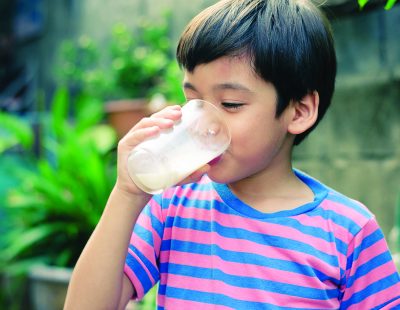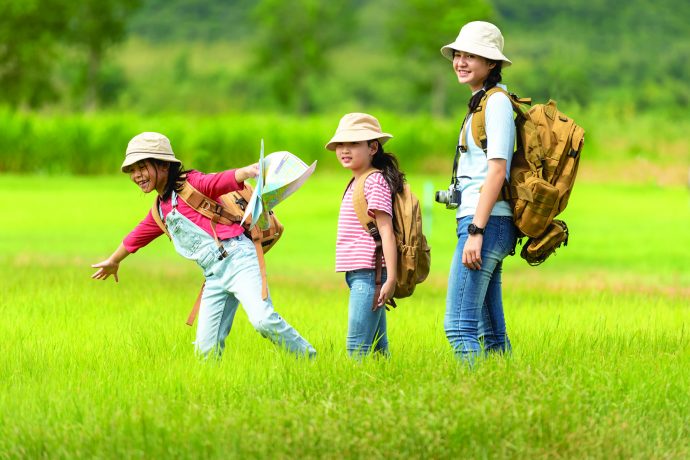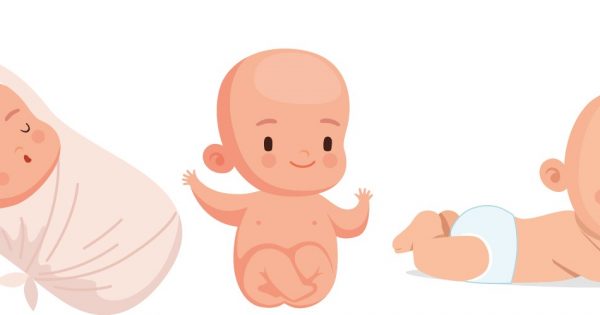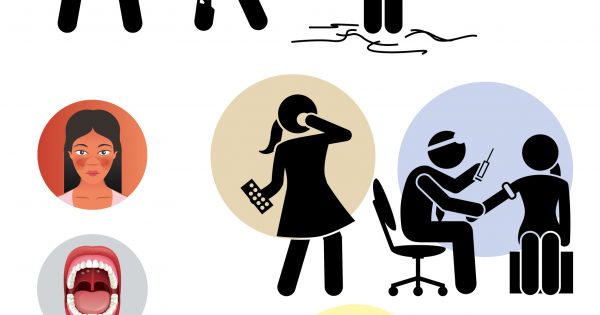Children benefit greatly in terms of overall health, both physically and mentally, when they spend more time outdoors. When you spend at least two hours a week outdoors with your child, she is bound to reap the benefits!
Being in a natural environment allows for physical improvements (better motor fitness) and promotes creativity. A Scandinavian study found that children (aged 5-7 years) showed more versatile play styles and had better motor fitness after nine months of playing in a natural environment, compared with another group which did not.
Playing outdoors should be encouraged as an essential part of your child’s healthy growth and development. This is also a good chance to let them appreciate nature and the great outdoors.
Playing Outdoors

Being physically active is a key contributor to good physical growth. Your child will benefit from all the running, jumping, climbing, swimming and playing outdoors. Remember to further support her physical growth by providing her with good nutrition. Milk, for example, is an excellent source of nutrition as it contains most of the key nutrients that growing children need such as protein, calcium and Vitamin D. The Malaysian Dietary Guidelines for Children and Adolescents recommend between two and three cups of milk daily.
Other benefits of spending time outdoors include:
![]()
- Enhanced immunity. Spending time outdoors helps stimulate your child’s immune system. This comes from improved physical health as well as exposure to a wider variety of microorganisms, which helps to prime the immune system.
![]()
- Improved sensory, cognitive and social/ emotional development. Research shows outdoor play contributes to improved mental wellbeing in adulthood. The findings also link time spent playing outdoors with a better quality of life in urban children, and that playing with peers boosts social-emotional competence. When children play outdoors, they have more freedom to play.
![]()
- Encourages creativity and imagination. Kids discover the world through play, and playing outdoors allows them to explore, invent, and transform their play styles. Let your child go with unstructured play where she dictates the rules, i.e. let kids be kids and forget about milestones or meeting standards and expectations.
- Strengthens family bonds. Playing outdoors is a great way for the family to get closer. You can do this by getting together for picnics, camping, hiking, biking, walking, or even visiting natural outdoor attractions.
It’s also a great time for you to share your thoughts, experiences, and childhood adventures with your child.
Just pack sufficient gear for the activity of your choice, head out and most importantly, turn off your digital gadgets!
Spending time outdoors is the best way for our body to get vitamin D. Outdoor time is also linked with reducing myopia (near-sightedness) in kids, as they strain their eyes less when looking at faraway objects instead of staring at digital gadgets right in front of their faces.
Preparing for outdoor fun
Yes, the outdoors is great fun! It offers so many benefits, yet tends to be overlooked for many reasons. Put on old clothes so it won’t matter if they get dirty, torn or caked in mud. Plan out activities that the family can have fun with and bond. Introduce your kids to the many wonders of nature such as the forest reserve, local waterfalls and lakes.
You will need to do a little planning ahead to maximise your child’s experience with nature, such as:
- Checking the weather forecast beforehand
- Preparing a small first aid kit to take with you
- Having a checklist of the gear/items needed
- Checking for relevant information to prevent injury and taking the necessary steps (e.g. wearing proper footwear, following adult’s instructions during outings, etc)
Getting your child to spend more time outdoors, instead of playing indoors or with digital gadgets should be your end goal. You will of course, need to make an extra effort to bring your kids to natural places and lead by example! The benefits will also extend to you – the change of pace will help you relax and unwind from the daily stresses at work.







Comments